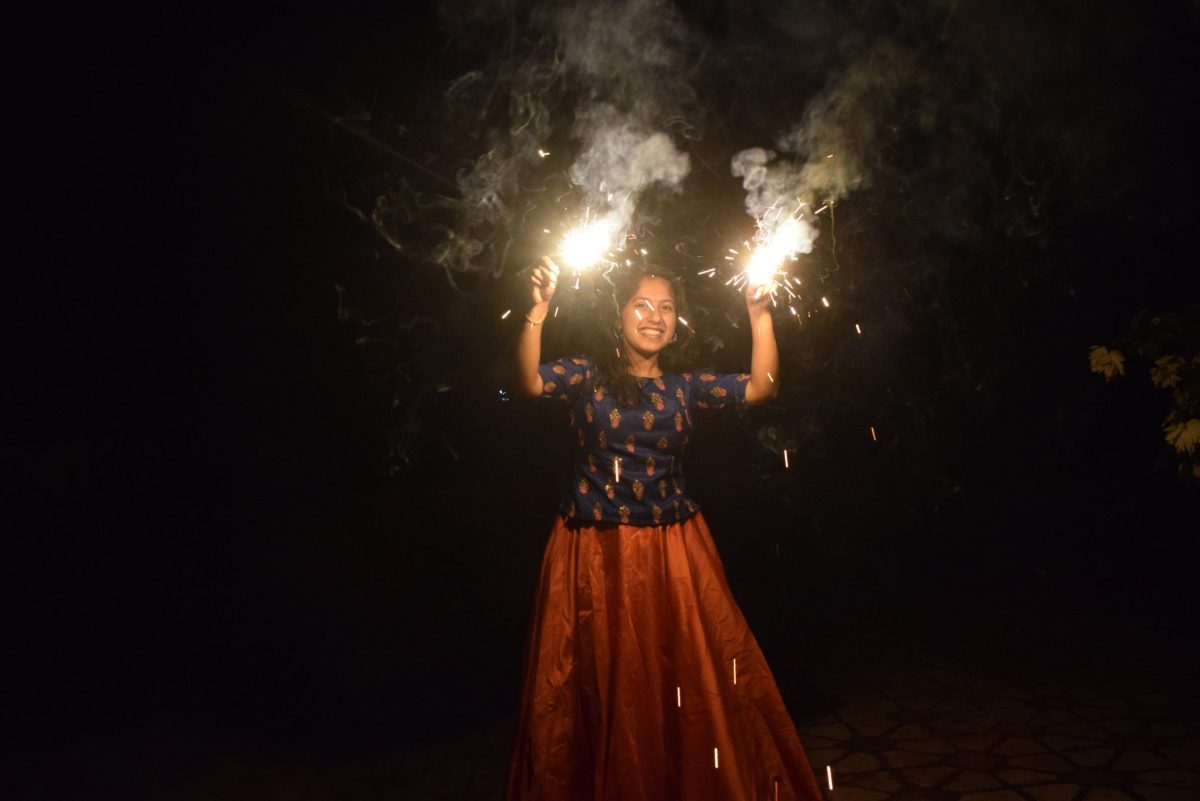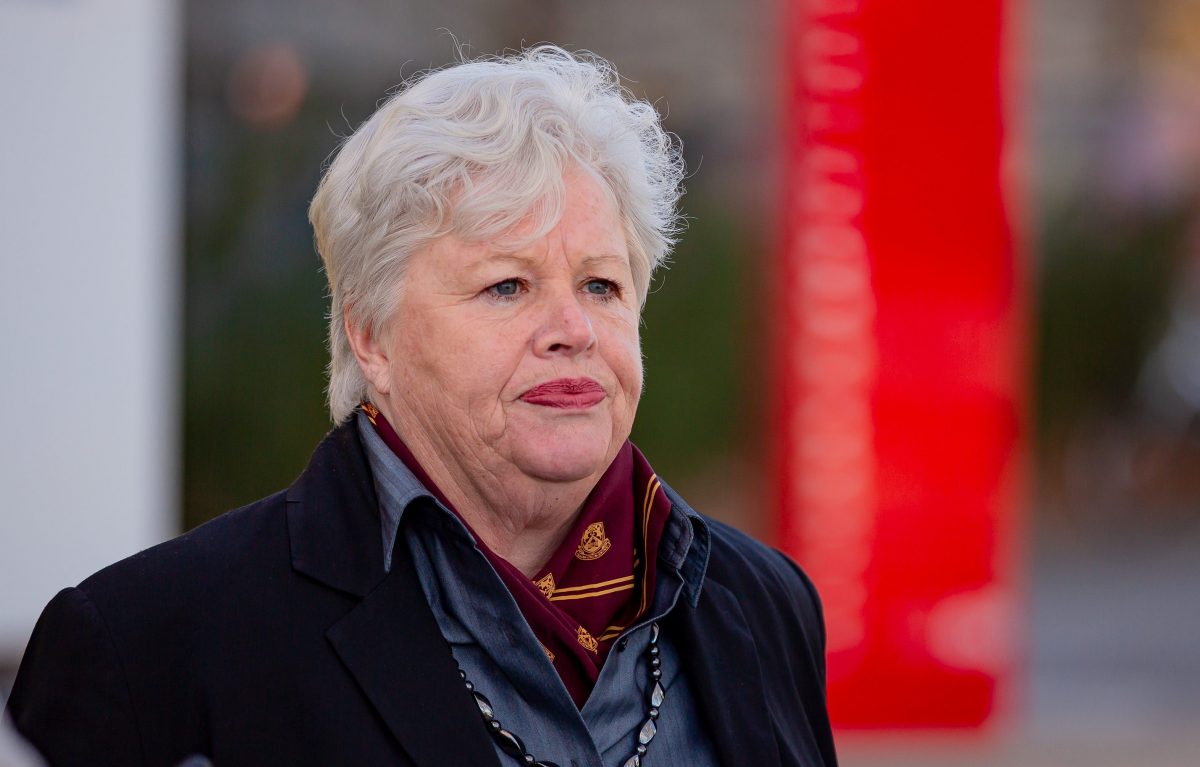
Backyard fireworks have not been allowed in the ACT since 2009. Photo: Pixahive.
The idea that the ACT government would allow a young child to stand in their backyard, hold a firecracker in their hand, set it alight, throw it in the air and watch it explode seems unthinkable now. But it wasn’t that long ago that this was commonplace on one special weekend during the year.
Up until 2009, Canberrans were allowed to buy and set off firecrackers in their own backyard during the Queen’s Birthday June long weekend – an era when the capital was seen as a libertarian paradise of legal porn, pot and pyrotechnics.
It was 15 years ago this week that the then Minister for Industrial Relations, John Hargreaves, announced a permanent ban on the sale and use of fireworks in the ACT – a decision that sparked a fierce backlash and a parliamentary push to reverse it.
“Fireworks are about celebration, but unfortunately, for many in the community, they are about damage to property, distress and injury to animals, and public nuisance,” he said at the time.
The RSPCA, which had pushed for the ban since 1980, celebrated the decision, but many in the public did not take it well.
“I’ve had gentle emails saying thank you and supremely violent ones, threatening ones, ones that would make most people worry about their own safety,” Mr Hargraves said.
Just days after the prohibition was announced, a 5200-strong group called ‘Lift ACT ban on fireworks’ started lobbying on Facebook.
“The vast majority of the Canberra community enjoy fireworks and obey the law. The government is only listening to a small minority whose opposition to fireworks is because a handful of people don’t follow the rules. This is going to ruin it for everyone,” group spokeswoman Clare Hogan told Riotact at the time.
In November 2009, Canberra Liberals MLA Vicki Dunne moved a motion in the Legislative Assembly to overturn the ban.
“I can remember my own childhood wonder and amazement as my father set off Catherine wheels and skyrockets, lighting up the yard and the sky with a blaze of colour and sparkles, blending with those let off, almost simultaneously, by many others in the neighbourhood,” she told the Assembly.
“A bonfire would be set up, the barbecue lit, the fireworks made ready for the fall of darkness and the subsequent display of colour. I can remember the kids in the street, and that tradition continued with my own family … the Stanhope Labor government and the Greens have become fun police.”

Vicki Dunne tried to overturn the ban on backyard fireworks in 2009. Photo: George Tsotsos
Needless to say, Labor and Greens voted against the disallowance motion and it didn’t pass.
The debate over fireworks has crackled and fizzled since then, though Belco Party candidate Vijay Dubey proposed reviving cracker night when running for the 2020 ACT election.
“The sale would be strictly regulated and only be allowed two weeks prior and only from industrial areas. The emphasis would be on decorative fireworks and those that were safe,” he said.
“The plan would bring some … family-focused fun that could provide a festival atmosphere to outdoor events during the heart of Canberra’s winter.”
This idea wouldn’t have pleased the Sydney-based federal Minister for Education Jason Clare, who said ACT fireworks were creating problems in his state in the early 2000s.
“New South Wales banned the retail sale of fireworks years ago, but it is still a big problem, largely because of the laws here in the ACT, “ he told parliament in 2009, just before the Canberra ban.
“I get more complaints at my office about illegal fireworks than just about anything else … fireworks are set off in parks and local streets, sometimes until three o’clock in the morning, upsetting little kids, upsetting the elderly and disturbing pets. A friend of mine had one fired at his car while driving home on Christmas night. The only way to fix the problem is to bring ACT laws into line with those in the states.”
Backyard fireworks are now banned in all states and territories across Australia, except Tasmania and the Northern Territory, where they are allowed under certain restrictions on one designated day of the year.












